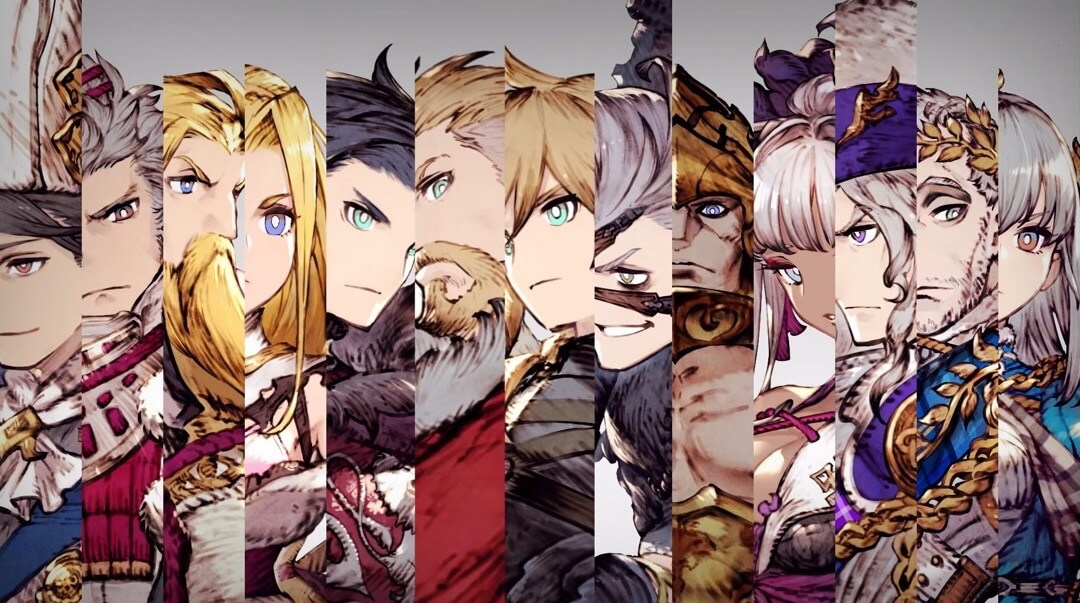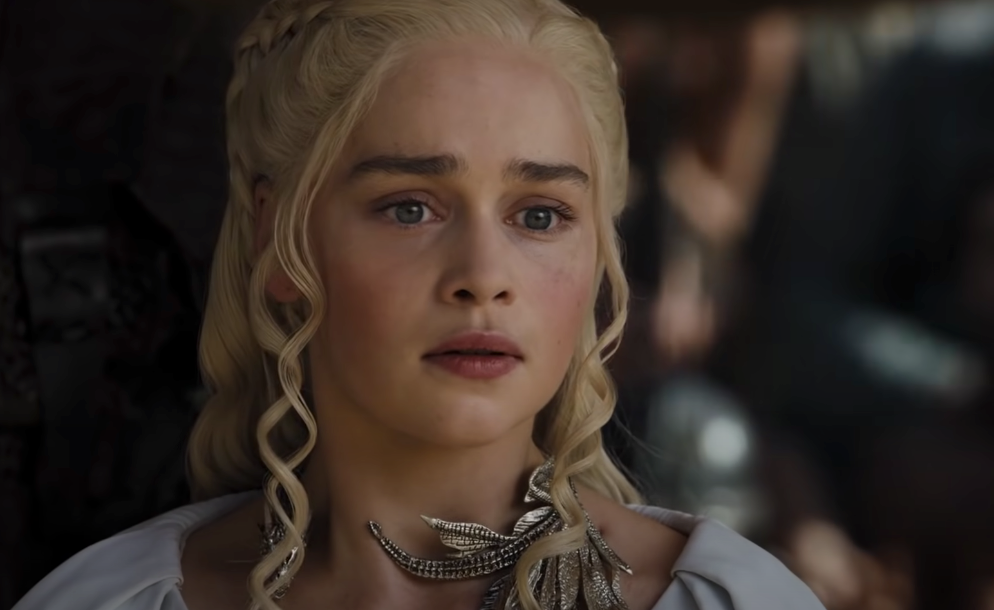Marvel’s Moon Knight is a bit of an odd duck in the greater comic book pantheon. His tangled origins began as a relatively straightforward (if culturally insensitive) ’70s pulp hero riff on a secret agent turned mercenary but later evolved into a cerebral, supernatural trip through fictionalized Egyptian mythology and literal deities. And, to make things even more tricky to navigate, in the mid ’80s, around a decade after Moon Knight was first created, it was revealed that the character suffered from a form of dissociative identity disorder, which radically changed the context of his various costumed alter-egos and secret identities. What were once invented covers to allow him to fight crime and gather information became legitimate alternate personalities that conflicted with one another inside Moon Knight’s brain.
Now, obviously, there’s a lot to unpack here and a lot that is a product of its time. In the ’80s, genre fiction would frequently rely on sensationalized understandings of real world personality disorders like schizophrenia and dissociative identity disorder as fodder for fantasy and horror. This was obviously the case with Moon Knight’s DID make-over as it originally stood–but, if there’s one thing comic books characters are good at doing, it’s evolving. In the decade-plus that Moon Knight’s mental health has existed at the crux of his character, strides have been taken to handle his disorder with more care, clarity, and less sensationalism.
Now, as Moon Knight is set to make his live-action debut played by Oscar Isaac in a brand new Disney+ TV show, the pressure to get it right is higher than ever. GameSpot sat down with series executive producer Grant Curtis to talk about the steps that were taken to balance the fantasy and magic of a supernatural hero and the authenticity and respect needed to handle a sensitive topic that affects real people in the real world while also maintaining the understanding that superhero stories require suspension of disbelief.
“From day one, we took the mental illness aspect of this story very seriously and we wanted to approach it very reverential and very respectful,” Curtis explained. “And [lead writer] Jeremy Slater lead that charge. But we [brought in] consultants to read the scripts and give notes and then, the other thing you do have to realize as [people will understand] is a superhero. It’s supernatural. It’s fantasy.”
Apparently, however, outside consultants and writers on the show were not the only watchdogs in place to ensure mental health issues were not treated cavalierly. Star Oscar Isaac, who also had his hand in the development of the character for TV, was shepherding the charge as well. “We were guided by many people, Oscar being one of the big ones. We took it very seriously.”
Isaac had his hands in developing his character throughout the show, Curtis continued. “Oscar Isaac had massive input, which is what you want. When you bring Oscar Isaac to the table, he’s going to bring his ideas, he’s going to bring his sense as a storyteller. And we welcomed it. What you see on the screen on March 30th would not be this Moon Knight, Marc Spector, or Steven Grant without Oscar’s involvement. His involvement was necessary–nobody works harder than Oscar Isaac.”
You’ll get a chance to see that work for yourself on March 30th, when Moon Knight begins streaming on Disney+.
Source: Gamespot





















